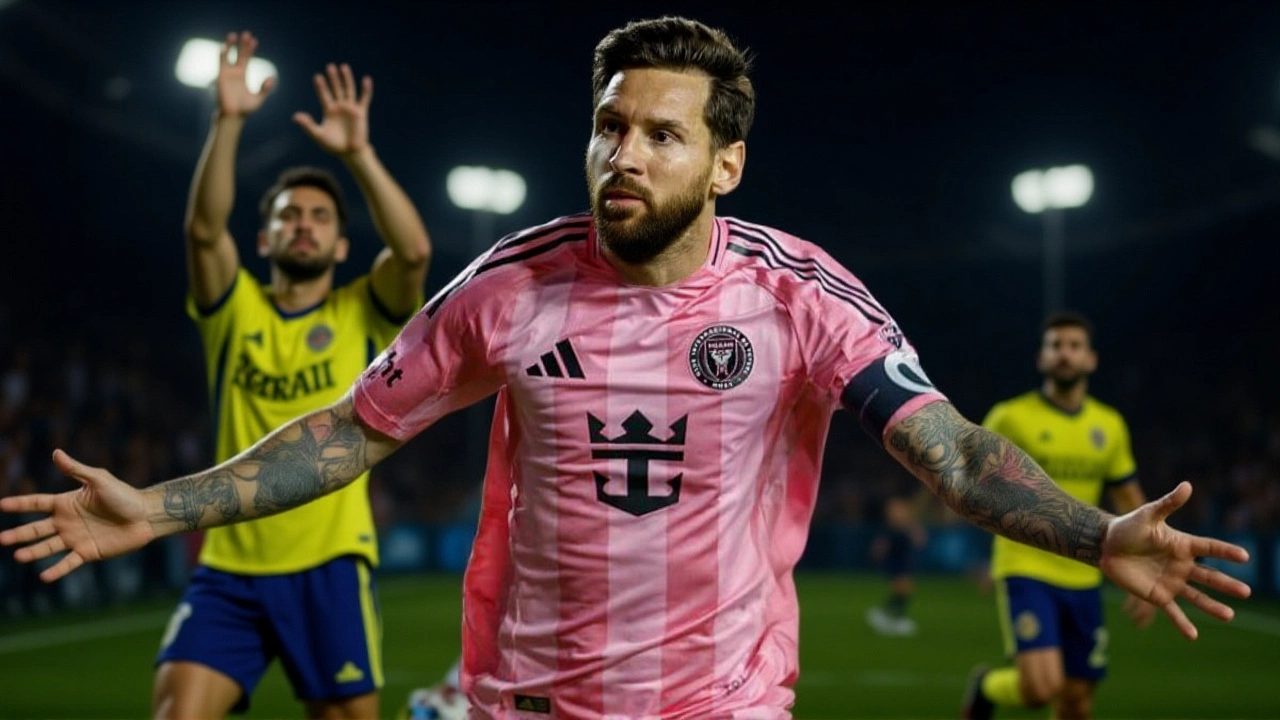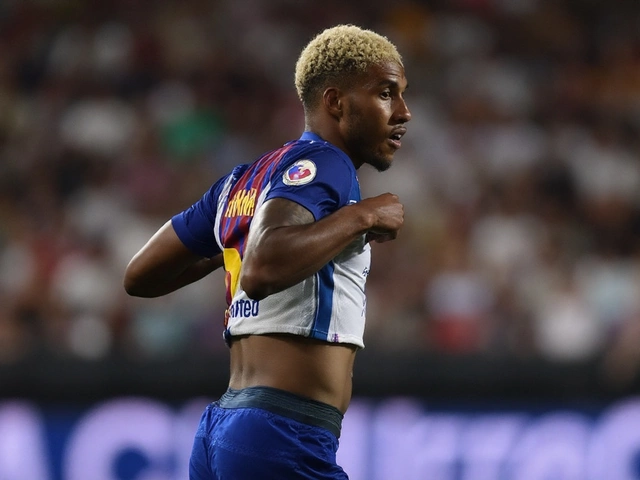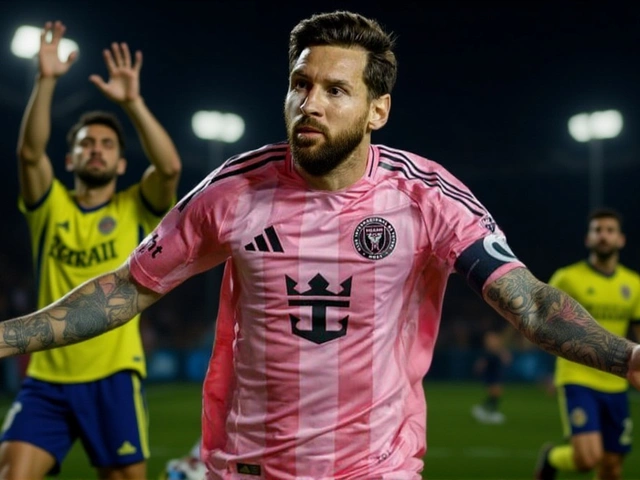On November 9, 2025, Lionel Messi didn’t just play soccer—he redefined what’s possible at 38. Leading Inter Miami CF to a 4-0 demolition of Nashville SC in Game 3 of the Audi 2025 MLS Cup Playoffs, Messi delivered a brace, set up another goal, and turned Chase Stadium in Fort Lauderdale, Florida into a cathedral of football awe. The win wasn’t just a series sweep—it was a statement. Inter Miami had arrived, and Messi, once again, was the reason.
The Messi Effect: Beyond the Goals
It’s easy to focus on the numbers: two goals, one assist, and a performance so dominant that Nashville SC’s defense looked like they were playing in slow motion. But the real story? What happened when Messi wasn’t touching the ball. Head coach Javier Mascherano, himself a World Cup veteran and former Barcelona teammate, put it best in Spanish: “He’s the first man to do the pressure, directing the team… It’s a privilege to coach Leo.” Messi wasn’t just scoring—he was pressing, tracking back, harrying defenders, and barking instructions. That’s not typical for a 38-year-old forward. It’s revolutionary.And it’s contagious. Seventeen-year-old academy product Mateo Silvetti, a U22 Initiative player, not only assisted Messi’s first goal but scored his first professional goal—wearing the pink jersey in front of 18,400 roaring fans. Tadeo Allende added two more, turning what could’ve been a Messi showcase into a full-team coronation.
From Sweep to Record-Breaking Run
The Nashville win was just the beginning. Eleven days later, on November 23, 2025, Inter Miami traveled to Cincinnati, Ohio and dismantled FC Cincinnati 4-0 at TQL Stadium. Messi didn’t just score—he orchestrated. One goal, three assists. That performance pushed his playoff total to six goals and six assists across four games—12 goal contributions—a new MLS record. No one in league history has ever reached double digits in a single postseason. Not Beckham. Not Bradley. Not even Zlatan.Inter Miami’s playoff run has been surgical: 12 goals scored, 3 conceded. Messi has been directly involved in every single one. The team’s attacking fluidity, built around his vision and movement, has turned the MLS playoffs into a highlight reel. Even the opposition’s coaches are admitting it: when Messi is in this kind of form, you can’t just defend—you have to pray.
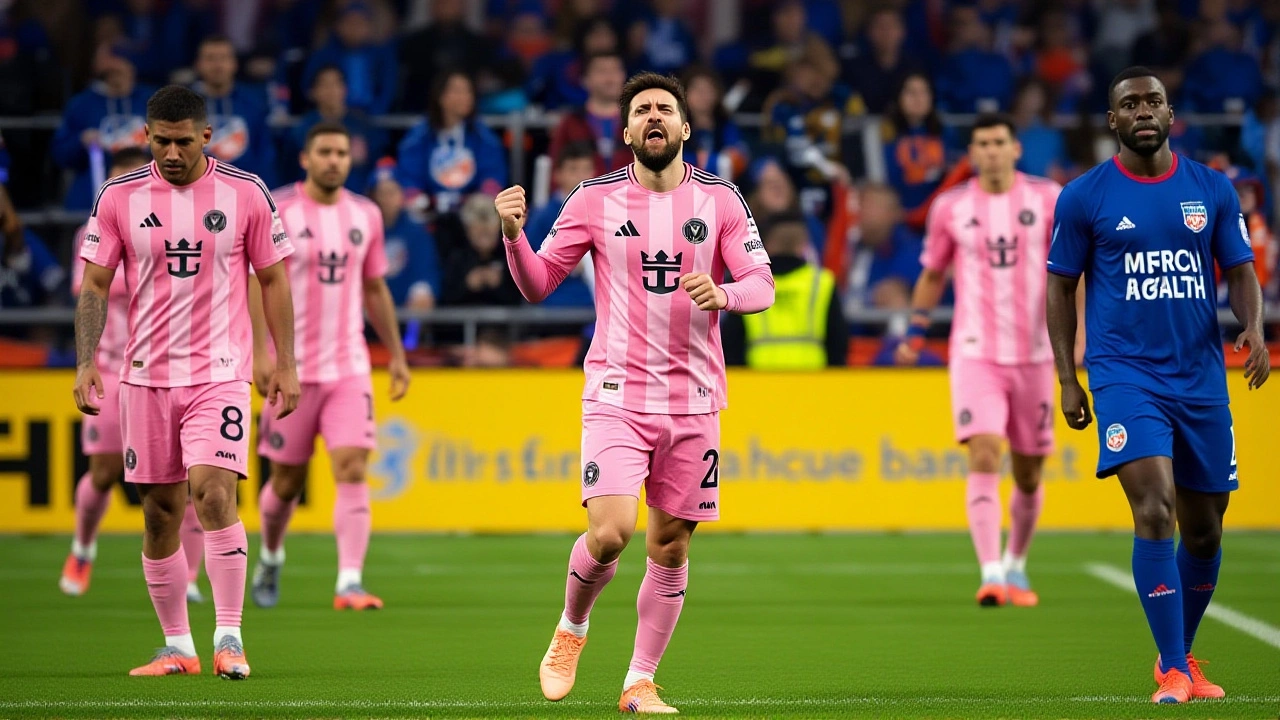
A Team Built to Win
This isn’t a fluke. Inter Miami finished the 2025 MLS regular season with a record 74 points—22 wins, 4 losses, 8 draws—claiming the Supporters’ Shield for the second time in three years. Messi’s 29 goals earned him the 2025 MLS Golden Boot, but his 15 assists were just as vital. The club’s depth, fueled by smart acquisitions and their academy pipeline, has turned them from a star-driven exhibition into a legitimate championship contender.They’re not just playing for Messi. They’re playing for each other. Silvetti, Allende, and midfield dynamo Alejandro Pozuelo have all stepped up. The defense, anchored by veteran Josep Gombau, has held firm under pressure. And the energy? It’s electric. Fans now refer to Chase Stadium as “The Pink Fortress.”
What’s Next: The Conference Final and Beyond
On November 29, 2025, Inter Miami will face either the Philadelphia Union or New York City FC in the Eastern Conference Final. Both teams are dangerous—Philadelphia’s physicality, NYCFC’s technical precision—but neither has faced a team that moves like Inter Miami does when Messi is in full flight.The winner advances to the MLS Cup on December 6, 2025, at a yet-to-be-announced venue. For Inter Miami, this is uncharted territory. They’ve never reached the final. Not in their 10-year history. Not even when Messi joined in 2023.
But now? They’re not just hoping. They’re believing.
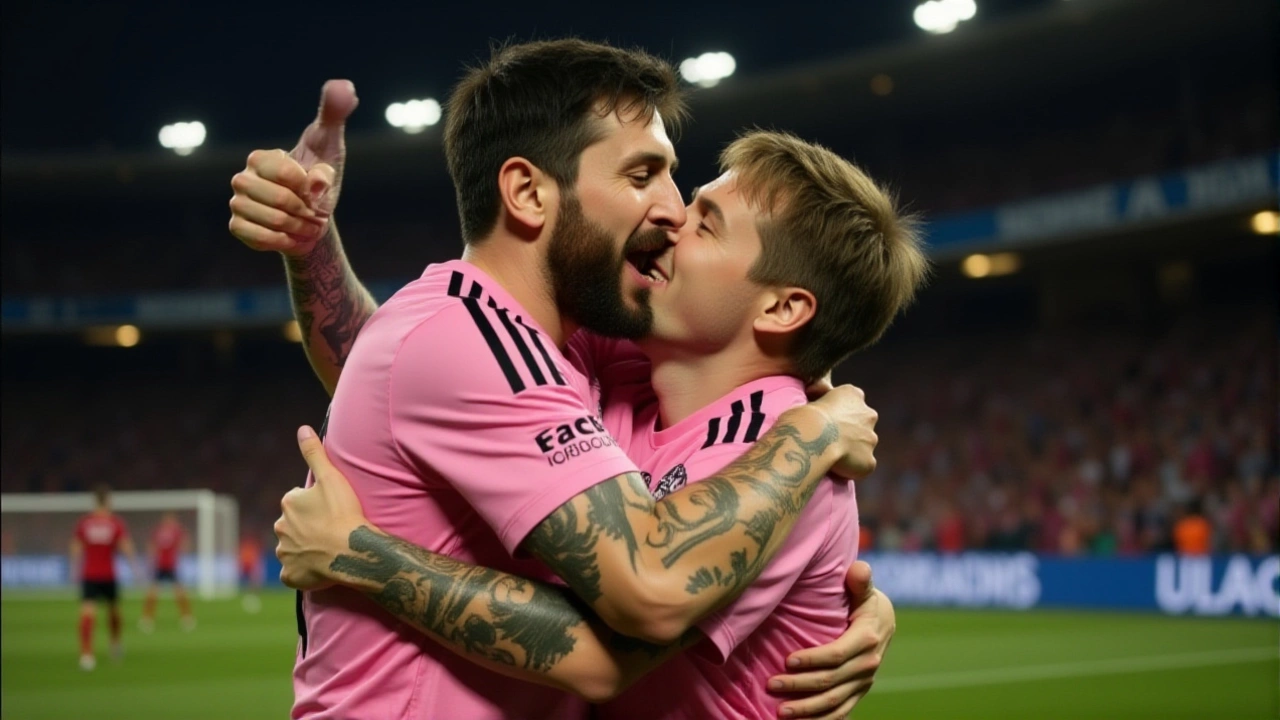
Why This Matters
This isn’t just about soccer. It’s about legacy. Messi, at 38, isn’t slowing down—he’s elevating the entire league. His presence has drawn global attention, boosted attendance by 42% in MLS markets, and inspired a generation of young American players to dream bigger. Silvetti’s goal? It wasn’t just a personal milestone. It was proof that Inter Miami’s model—mixing global icons with homegrown talent—works.And if Inter Miami wins the MLS Cup? It won’t just be the club’s first title. It’ll be the most significant moment in American soccer history since the 1994 World Cup hosted here.
Frequently Asked Questions
How does Messi’s 12-goal contribution record compare to past MLS playoff stars?
Messi’s 12 goal contributions (6 goals, 6 assists) in the 2025 playoffs surpass the previous record of 10, set by Carlos Vela in 2019. No player in MLS history has ever reached double digits in a single postseason. Even Zlatan Ibrahimović, who dominated in 2018, managed just 9 combined goals and assists across 6 games. Messi did it in just four matches, averaging 3 per game.
What makes Inter Miami different from other MLS teams?
Unlike most MLS clubs that rely on one or two stars, Inter Miami blends global superstardom with a deep, well-coached academy system. Players like Mateo Silvetti and Tadeo Allende—both homegrown—aren’t just backups; they’re starters. The club’s 74-point regular season record and 12-3 playoff scoring margin show a level of consistency rarely seen in a league built on parity.
Why is Javier Mascherano’s coaching style crucial to this success?
Mascherano doesn’t just manage Messi—he channels him. As a former captain and defensive anchor himself, he understands how to structure a team around a genius. He’s forced Inter Miami to play with intensity and discipline, something rarely seen in MLS. His leadership has turned a star-laden roster into a cohesive unit, and his trust in young players like Silvetti has unlocked new dimensions in their attack.
Can Inter Miami win the MLS Cup?
They’re the favorites. With Messi in peak form, a balanced squad, and home-field advantage in the final if they advance, their chances are higher than any MLS team since LA Galaxy in 2014. Their 12 goals in four playoff games show they can score against any defense. The only question is whether their opponents can contain Messi for 90 minutes—and no team has done it yet.
What’s the significance of Mateo Silvetti’s first goal?
Silvetti’s goal wasn’t just personal—it was symbolic. He came through Inter Miami’s academy, trained under the same system that produced Messi’s early development in Barcelona. His emergence proves the club’s long-term vision: building a legacy beyond one superstar. If a 19-year-old can score in a playoff semifinal, it signals a sustainable future, not just a fleeting moment of glory.
How does this playoff run compare to Inter Miami’s 2024 season?
In 2024, Messi scored 20 goals and 16 assists, helping Inter Miami reach the Eastern Conference Final—but they lost to Columbus Crew. This year, they’ve improved defensively, added depth, and raised their playoff intensity. Their 74-point regular season (up from 69 in 2024) and 12-3 playoff scoring margin show a team that’s not just better—they’ve become championship-caliber.
